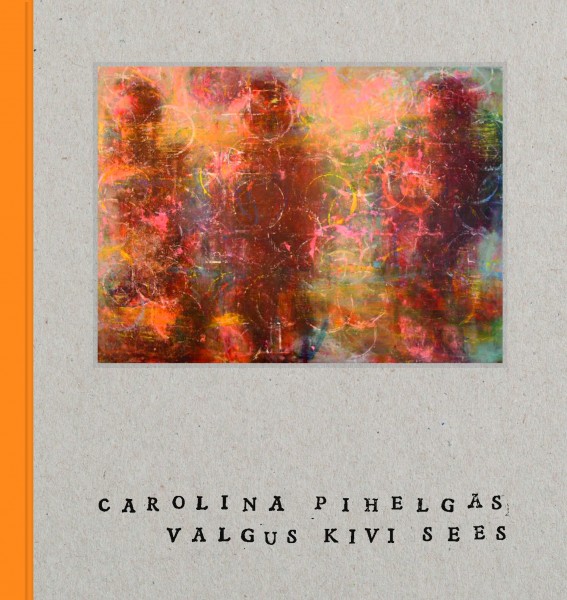p. 12
ON SPACES
Sometimes it seems like everything begins with departures. That not distances, but spaces, are what matters. Their loss is even more difficult than growing apart from others: the strange and unsettled smell of new places, a history that does not remember you. The body knows other stairs, turns, corners; has recorded the total delicacy of movement. And this remains true even years later, for the body never bumps against the sharp corner of the kitchen cupboard in dreams. The poesy of frayed wallpaper edges, creatures born of peeling paint, worlds told in stories. Everything we left behind, akin to refugees’ possessions—nonexistent, and thus our own. Hands that left mugs, spoons, heels of bread forgotten upon the table. Clouds drifting over the house, the music of table legs, the dust of old books that recorded the endless babbling of days. Language, then, like the lace of dollies on the dresser: old and gossamer.
p. 26
BENEATH THE ROOTS
Alone in this world. I look around, no one. Only dust drifts in a beam of sunlight, the patterns on old textiles and pillows speak of perpetuity. A child may only speak of her sadness to the gooseberry bush and the red ants who take all the words with them beneath the pine roots. If someone happens upon her haven, she turns into a scarecrow on a field—one whose sleeves unravel in the wind, whose mouth was left undrawn.
Mother is a goddess with a broom and a dustpan, lady of the kitchen, and Father is always away somewhere, a giant buried beneath book dust and punched cards. Nothing is ever in excess, neither time nor love. There were sandwiches on the kitchen table, mice skittering in the attic, clouds that pressed a broken-melody imprint upon our eyelids.
TO WRITE
I’m unable to write about great tragedies, which is why I write about lesser ones: hands’ dim light in an afternoon tanned by voices, a memory that no longer seems to truly belong to you, softly dying love, packed items, hastily-written labels. And waiting, that incessant cellar-musty expectation which gleams just as distinctly in the first light as soldiers’ boots during morning inspection. The sun’s curved rays reflect off a metal bowl: flashes from a time that should be a museum but is a cell. Cranes trumpet up above, their sound has something to tell us: the horizon splits and settles into the viewer’s wide-open eyes.
A BLIND ROVER
To extend all the way to warm and fragile luminousness; to that, which glows like a damaged world. To sense its flickering; to believe that what is glimpsed there is for real. You are a blind rover. Legs broken, but ocher ornaments preserved. Lips parted in amazement, body fractured like an old language. Your knowledge is this: clay is more definite than the horizon, bones more lasting than dreams. You press your hands against your breast, against your body, which now belongs more to the air than to the soil.
We stand behind glass. The stone’s tenderness will not let us go.

